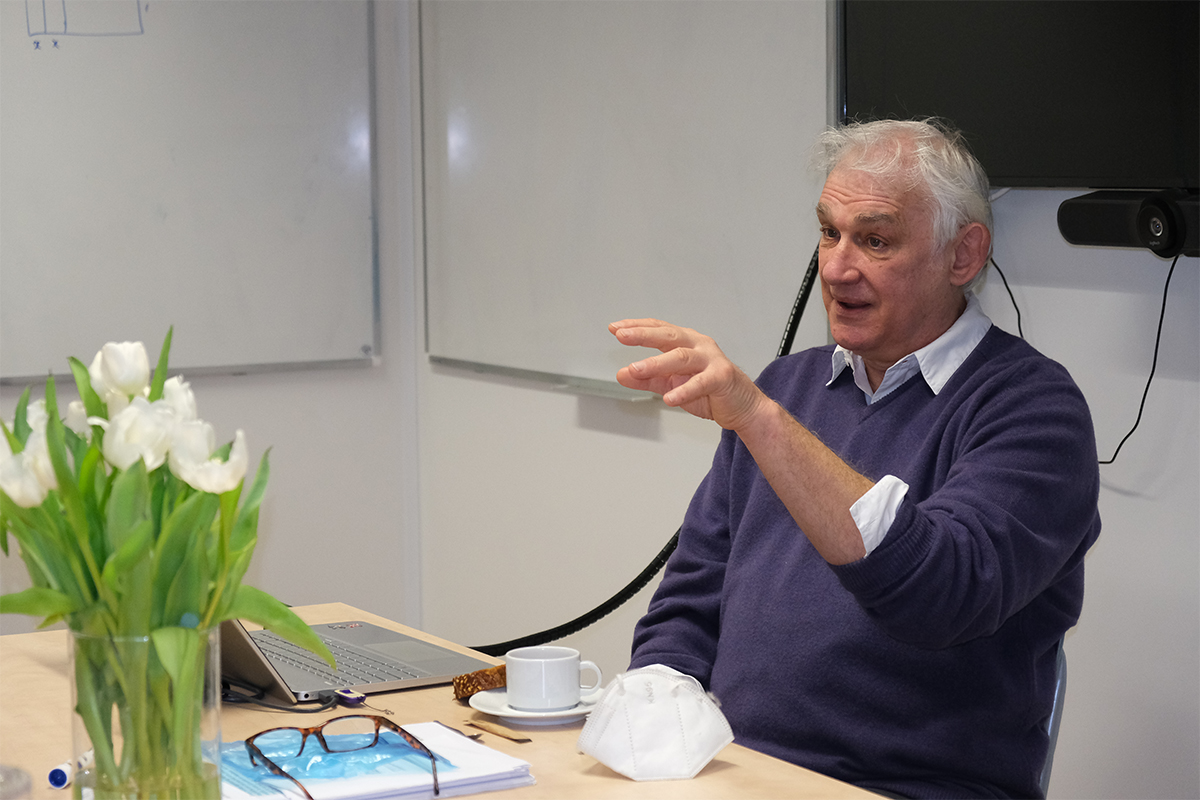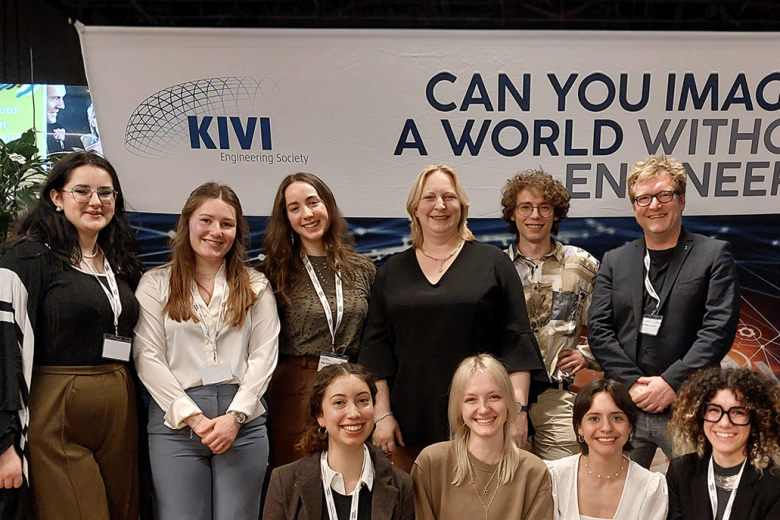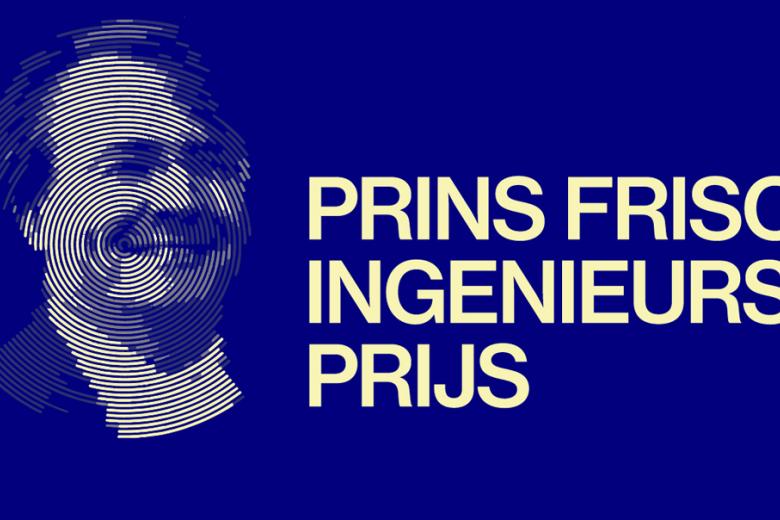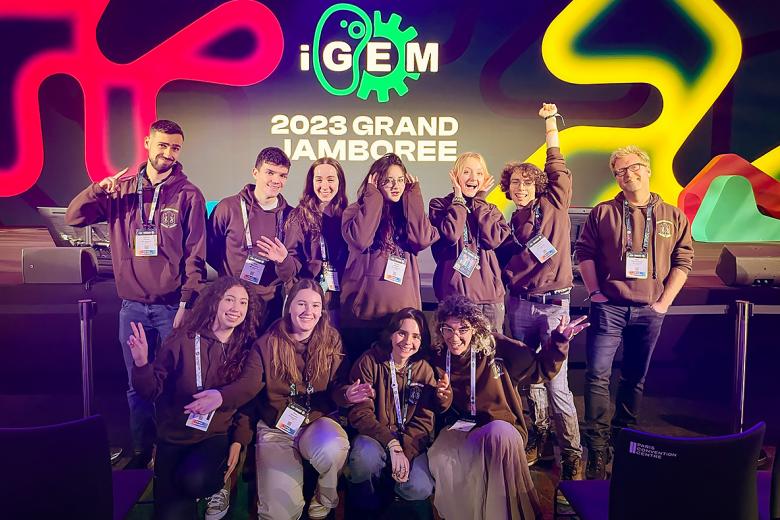Lost to the archives
Within the history of discovering evolution, there are a few names that stand out: Charles Darwin, Thomas Huxley, Jean-Baptiste Lamarck or Ernst Mayr, however, few are aware of a local scientist who ultimately provided the first evidence of the evolutionary transition from apes to humans. Eugène Dubois (1858 – 1940), born and raised in Eijsden, Limburg, was a paleoanthropologist and geologist who spent time in Indonesia (the former Dutch East Indies) studying and excavating human bones.
In 1891, Dubois discovered remains he called Pithecanthropus erectus (now known as Homo erectus) that solidified his theory of the missing link in the evolution of apes to humans and thus, played a vital role in determining the trajectory of human evolution. In 2010, the Eugène Dubois Foundation was established to promote awareness of the scientific works of Dubois. The interdisciplinary thinking of the foundation is primarily encouraged by the annually selected Eugène Dubois Chair (Eugène Dubois Wisselleerstoel). In 2021, Prof. Dr. Tijs Goldschmidt, a Dutch author and evolutionary biologist known for his interdisciplinary approach to evolution, was selected for this prestigious position.

In November 2021, four students of Maastricht University were selected to participate in an exclusive masterclass at the Maastricht Science Programme. Led by Goldschmidt, the students were given the opportunity to study the letters of Dubois. Previously contained within the sealed archives of Naturalis, these private letters Dubois wrote to his scientific colleagues described his excavations and discoveries. Within this masterclass, Goldschmidt and his students discussed a number of topics including human and animal evolution, tropical ecology, climate change and even the impact of alien species on an ecosystem.
Following the discussions, the students were invited to write a letter addressed to Goldschmidt reflecting on the letters of Dubois. Described as an “eye opening workshop”, the students were given the opportunity to explore a now dying skill of letter writing whilst furthering their knowledge of Dubois and his works. Goldschmidt, a “natural storyteller”, created a comfortable environment for the students to freely express their opinions. He even responded to each students’ letter with his input and comments; a truly fitting format for providing feedback.

Vincent Bijman , a PhD candidate at FASoS whose research focus on the history of endangered species, explained how the masterclass allowed him to step out of the traditional academic way of writing and encouraged a more creative approach style. Bijman hopes to incorporate this new skill into his future academic writing. Eva (FASoS) enjoyed the engaging interdisciplinary approach of the class. This was concurred by Anna (UCM), as she frequently likes to “walk the line” between the various disciplines at the University College Maastricht and felt the masterclass allowed for mix of the humanities, social sciences and natural sciences in a new format. David (MSP), who grew up in Maastricht, had not heard of Dubois prior to the class and therefore, enjoyed learning about a local celebrity of sort. He also explain how he discussed had the life and works of this local scientist with his friends and parents, who had not previously showed much interest in the Physics and Mathematics he studies at university. Similarly, Eva explained how she loved repeating the stories of Dubois to her father who has a keen interest in paleontology and anthropology.
Following the class, the students were presented with a certificate to mark their completion of the course. Much to the excitement of the students, it is planned that the students’ letters along with an essay from Goldschmidt will be complied into a book and published in the coming months.
Special thanks from Tijs Goldschmidt:
- to Jose Joordens for suggesting the use of Dubois’ letters.
- to Paul Albers, who meticulously transcribed Dubois’ letters, for providing access to the unpublished letters.
Text by: Megan Entzinger
Also read
-
Prince Friso Engineering Award: UM wins both public prizes
Kim Ragaert and SublimeStone students won the public's awards given out during the Engineer of the Year contest. This triumph as well as the nomination of both, by the Royal Netherlands Society of Engineers, demonstrates that Maastricht University, particularly its only five-year-old Faculty of...

-
Champions of change: Vote Maastricht engineers to the top
The Royal Netherlands Society of Engineers has nominated engineer Kim Ragaert and student team SublimeStone for the award of best Dutch engineer and best Dutch student team in 2024. Both are among the last three finalists in their respective categories. Do you want the best engineers to win? Now is...

-
Maastricht University science students win gold at the international iGEM competition
How do you fix a crack in limestone, such as mergel? Well, simply ask some bacteria to do it for you. In short, this is the goal 11 students from Maastricht University set themselves to do. They succeeded and ended up in the TOP10 best undergraduate projects competing in the iGEM competition. For...
